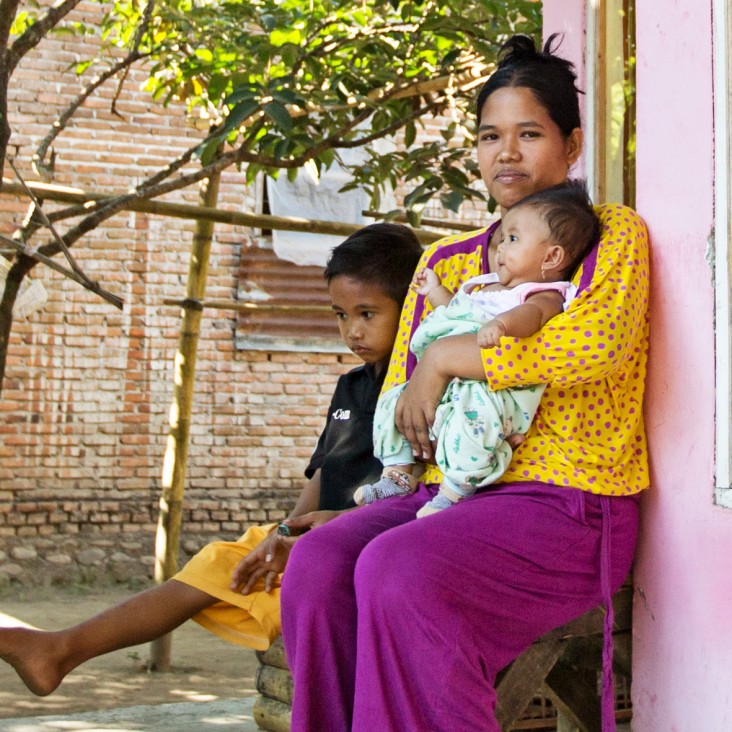Speeches Shim

Civil society plays an important role in advocating for health system accountability, an effective component of health governance. When a health system is held accountable, the interests and values of a local population can be reflected in the provision and quality of health services. Accountability at all levels of the health system-- from national to community-- can ensure the right policies are in place and carried out to hire and train health workers, stock supplies and medicines, pay for services on time, and even keep water and electricity running in a facility. Often, advocacy by civil society ensures transparency in health governance, increases local budgets for health, and, as in the Indonesian case, presents opportunities to improve the quality of services.
Hamriani was 38 weeks pregnant when she began to show symptoms of pre-eclampsia. She was experiencing terrible headaches and painful contractions before she was taken to Indonesia’s Kampili Health Center where midwives found issues with her blood pressure and urinary protein levels. The lives of both her and her baby were at risk. Fortunately, the midwives knew exactly how to proceed with treatment. In 2011, with help from USAID, civil society organizations successfully advocated to the government of Indonesia to prioritize the reduction of maternal and newborn deaths. This advocacy and the engagement of civil society led the government to designate funding for a hospital referral system, refresher trainings in hospitals, and emergency drills twice a month. One such intervention provided training to the Kampoli Health Center to manage obstetric emergencies, including severe pre-eclampsia cases. With the right skills and tools, the midwives were able to stabilize Hamriani and deliver a healthy baby. Since 2011, the program has been introduced in 30 districts and cities, including 150 hospitals and 300 health centers.
USAID supports health governance to promote robust oversight capable of curtailing corruption and expanding accountability and transparency for health activities. Health governance interventions help improve the responsiveness of health systems to their populations, thus addressing perceptions of poor quality or mistreatment which may impede populations from accessing health services. Indonesia’s focus on health governance interventions, when scaled up with a package of other proven health systems interventions, can contribute to saving over 166,000 lives from 2016-2020.
Meet more of the women and children that benefit from USAID's efforts.

Comment
Make a general inquiry or suggest an improvement.